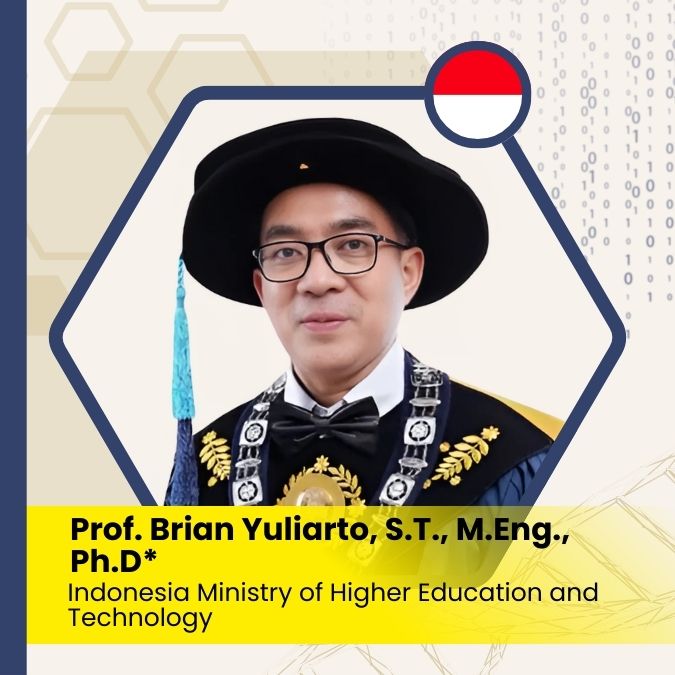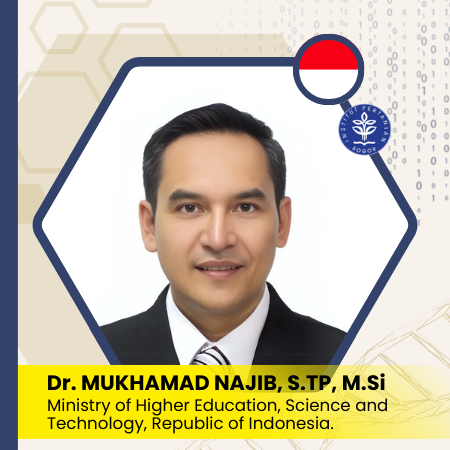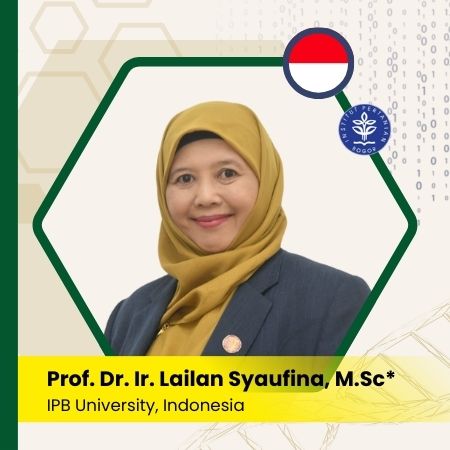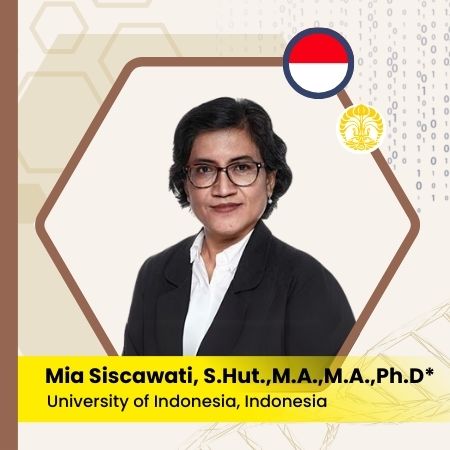IMPORTANT DATES:
• Abstract Submission:
1 March - 31 March 2025 19 April 2025
• Pre-Conference:
15 & 29 April 2025
• Abstract Acceptance Notification:
05 April 2025 22 April 2025
• Registration and Full Payment:
14 March – 08 May 2025
• Media Submission:
14 March – 08 May 2025
• Online Conference:
22 – 23 May 2025
• Post-Conference:
31 May 2025
• Full Paper Submission:
23 May - 07 June 2025
• Scopus Proceeding Submission:
07 July 2025
2025: Innovative Technologies in Bioresource Science and Engineering

"Innovative Technologies in Bioresource Science and Engineering" represents a transformative approach to the use of biological resources, integrating advanced technologies to unlock their potential for sustainable development, environmental conservation, and human well-being. This subtheme combines knowledge from biology, engineering, and materials science to develop innovative solutions for resource management, value creation, and industrial applications.
At its core, this subtheme focuses on harnessing the potential of nature’s resources such as plants, microorganisms, marine organisms, and agricultural by-products through engineering and innovation. It encompasses a wide range of technologies aimed at converting raw bioresources into high-value products, processes, and materials that benefit both society and the environment.
One of the central elements is bioprocessing, which converts biological materials into valuable products using biochemical or microbial processes. Techniques such as fermentation and enzymatic conversion enable the production of biofuels, biochemicals, biopolymers, and pharmaceuticals from renewable resources, reducing reliance on fossil fuels and minimizing environmental impact.
Biotechnology is crucial in unlocking the potential of bioresources, offering tools for genetic and metabolic engineering to enhance the productivity and resilience of biological systems. From gene editing to microbial synthesis, these advancements improve crops, develop bioremediation solutions, and optimize industrial processes.
This subtheme also includes advanced materials science, focusing on biocomposite materials and bio-inspired designs. By using biological substances like cellulose and lignin, sustainable alternatives to conventional materials can be created, reducing the environmental footprint of non-renewable resources.
In the field of environmental engineering, bioresource science is applied to waste management, pollution control, and ecosystem restoration. Techniques such as bioremediation and biofiltration use the natural abilities of microorganisms and plants to detoxify polluted environments and restore ecological balance.
Additionally, this subtheme explores the integration of bioresource science with emerging fields such as synthetic biology, nanotechnology, and artificial intelligence, leading to more precise, efficient, and impactful bioengineering applications.
In conclusion, Innovative Technologies in Bioresource Science and Engineering represents a frontier where biological resources and human ingenuity intersect to offer solutions to global challenges, paving the way for sustainable development and prosperity.





























